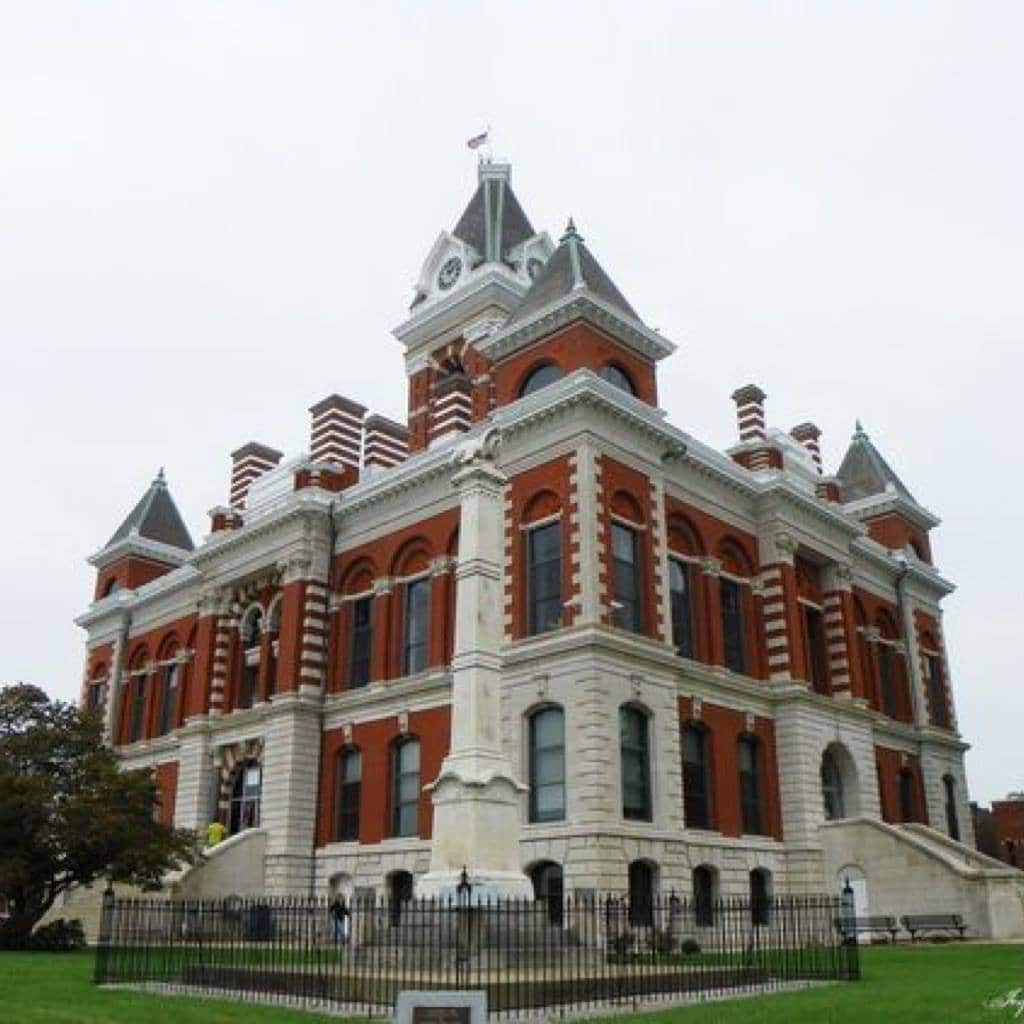
The Superior Court, established to complement the Circuit Court, is an important element of the county’s judicial system. Judges for this court are elected by popular vote and serve six-year terms. Jurisdictionally equal to the Circuit Court, the Superior Court has a specific division of criminal cases. It handles a wide range of offenses, including arson, theft, home improvement fraud, drug cases, alcohol cases, and offenses against public health, order, and decency. Additionally, the court processes traffic violations, small claims matters, and manages a problem-solving drug court.
To streamline the judicial system and alleviate the burden on Superior Courts, the Magistrate’s Court was established. This court assumes jurisdiction over small claims and child support cases, allowing Superior Courts to focus on more complex and demanding matters. As a result, the resolution of cases has been accelerated, and the overall judicial system has become more efficient. By diverting routine casework to the Magistrate’s Court, the Superior Courts can dedicate their resources to more challenging proceedings.

Ex parte communication, a prohibited practice in the legal realm, refers to any communication between a judge and a party outside the presence or hearing of the opposing parties. This rule, outlined in Rule 2.9 of the Code of Judicial Conduct, aims to ensure fairness and impartiality in legal proceedings. Allowing private or secret communication could grant an unfair advantage to one party over the others.
To maintain transparency and ensure equal access, communication with the judge is only permitted in open court. When conducted via telephone, all parties must be present either in person or represented by their counsel. Written communication is also acceptable, provided that copies are distributed to all parties involved.
However, in certain limited circumstances, ex parte communications may be allowed for practical or administrative purposes. For instance, scheduling adjustments or administrative matters may warrant such communication. In these cases, the judge must exercise discretion to minimize potential bias or prejudice.
The prohibition of ex parte communication serves as a safeguard to protect the integrity of the legal process and uphold the fundamental principle of fairness. By ensuring that all parties are privy to all relevant communication, the courts strive to maintain an impartial stance, fostering confidence in the judicial system.
Judge Robert Krieg first took the bench on January 1, 2017 upon his election as Judge of the Gibson Superior Court (Indiana). He is currently serving his second 6-year term. Judge Krieg received his B.A. degree from Indiana University Bloomington in 1992 with a double major in Political Science and Criminal Justice and received his J.D. degree in 1996 from the Indiana University Maurer School of Law at Bloomington.
Prior to his election as Judge of the Gibson Superior Court, Judge Krieg served for 14 years as the elected Prosecuting Attorney of Gibson County after first being elected in 2002 and then re-elected in 2006, 2010, and 2014. Before his election as prosecutor, Judge Krieg served as the District Director for 6 years for U.S. Congressman John Hostettler (R-IN). Judge Krieg has also been an adjunct faculty member for Oakland City University for 20+ years. He has taught criminal law and procedure, business law, legal ethics, and human resources law as well as many other subjects.
Judge Krieg served for nearly 10 years in the IN Army National Guard, achieving the rank of Major before receiving an Honorable Discharge in 2008. He served in the role of a Judge Advocate for the 38th Infantry Division and received numerous awards and commendations, including the Army Commendation Medal.
Since 2018, Judge Krieg has served on the board of directors of the Judicial Conference of Indiana. He also serves as a board member of the Senior Judge Committee and is a past member of the Judicial Ethics Committee. Judge Krieg graduated from the Indiana Judicial College in 2022 and the Indiana Graduate Program for Judges in 2023.
Judge Krieg has been actively involved in the community for many years. He formerly coached youth baseball and softball, basketball, football, cross-country and soccer and is a past president of Princeton Rotary. His hobbies including running, reading and traveling. He lives in Princeton with his wife Shannon. They are the parents of five children, two boys and three girls.